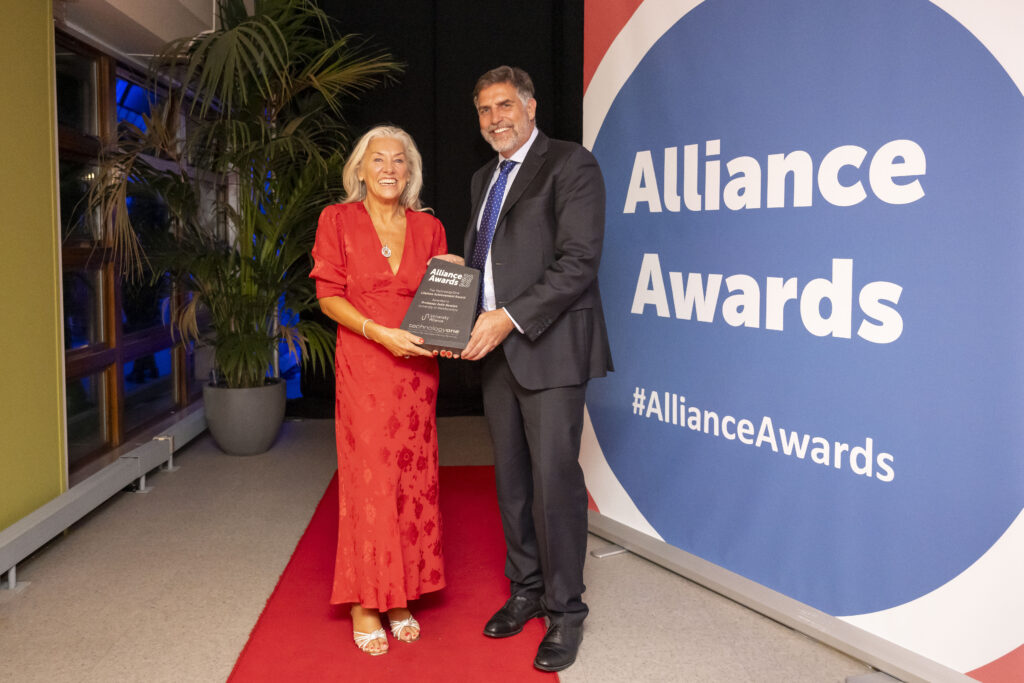 When it comes to solving some of the world’s biggest challenges, our universities play a critical role. Today we launch Problem Solved: university research answering today’s challenges, which shows why research and innovation play such an important part in the economy at home and abroad and why universities are uniquely placed to rise to some of the challenges set by governments around the world.
When it comes to solving some of the world’s biggest challenges, our universities play a critical role. Today we launch Problem Solved: university research answering today’s challenges, which shows why research and innovation play such an important part in the economy at home and abroad and why universities are uniquely placed to rise to some of the challenges set by governments around the world.
The ‘grand challenges’ set a thematic direction for much of our research. They ask big questions such as how we tackle climate change and environmental change. How, for example, will we secure the health and security of our communities and citizens in an uncertain world? How can we keep pace with a globalising and digitising economy with innovations that will unlock new possibilities?
There are never easy answers to such questions: tackling them requires research strengths that cross traditional disciplinary boundaries. This is a strength of Alliance universities; their breadth of expertise and the knowledge that they hold enable them to draw on many disciplines to answer the big challenges and to solve problems we face as a society. Problem Solved demonstrates the distinctive ways in which our universities approach research to make answering big questions an everyday reality.
Alliance universities are distinctive in the way they work with business, policymakers, artists, doctors, engineers and many others within and beyond higher education. For business, universities are an excellent source of new knowledge and research-led innovation can often give them a competitive advantage. For policymakers looking for evidence to inform crucial decisions, universities house some of the leading thinkers whose research can shape the direction of governments locally and nationally.
Universities also play an important role in the cultural life of the UK, partnering with artists, galleries, film-makers, musicians and theatres; university research does much to drive our cultural life, the role that it plays in economic and social regeneration, and the UK’s attractiveness as a place to live, work and study.
 As we argued last year in our report Funding research excellence, research funding must always be directed towards excellence, no matter what its source and wherever it appears. In most disciplines there is no meaningful size or scale threshold for research excellence. We are confident that the nation’s world leading research will continue to thrive and make a real impact if we continue to ensure that public funds for research follow the very best work. Problem Solved brings some of that work to life and I hope shows once again why we support the principle of research funding for excellence, and excellence alone.
As we argued last year in our report Funding research excellence, research funding must always be directed towards excellence, no matter what its source and wherever it appears. In most disciplines there is no meaningful size or scale threshold for research excellence. We are confident that the nation’s world leading research will continue to thrive and make a real impact if we continue to ensure that public funds for research follow the very best work. Problem Solved brings some of that work to life and I hope shows once again why we support the principle of research funding for excellence, and excellence alone.
Over the coming weeks, we will be showcasing some of the diverse and important research happening right now across Alliance universities, and will be hearing from some of the researchers and their partners in business, government and elsewhere about their work and why it matters. In the meantime, I hope you enjoy Problem Solved.




